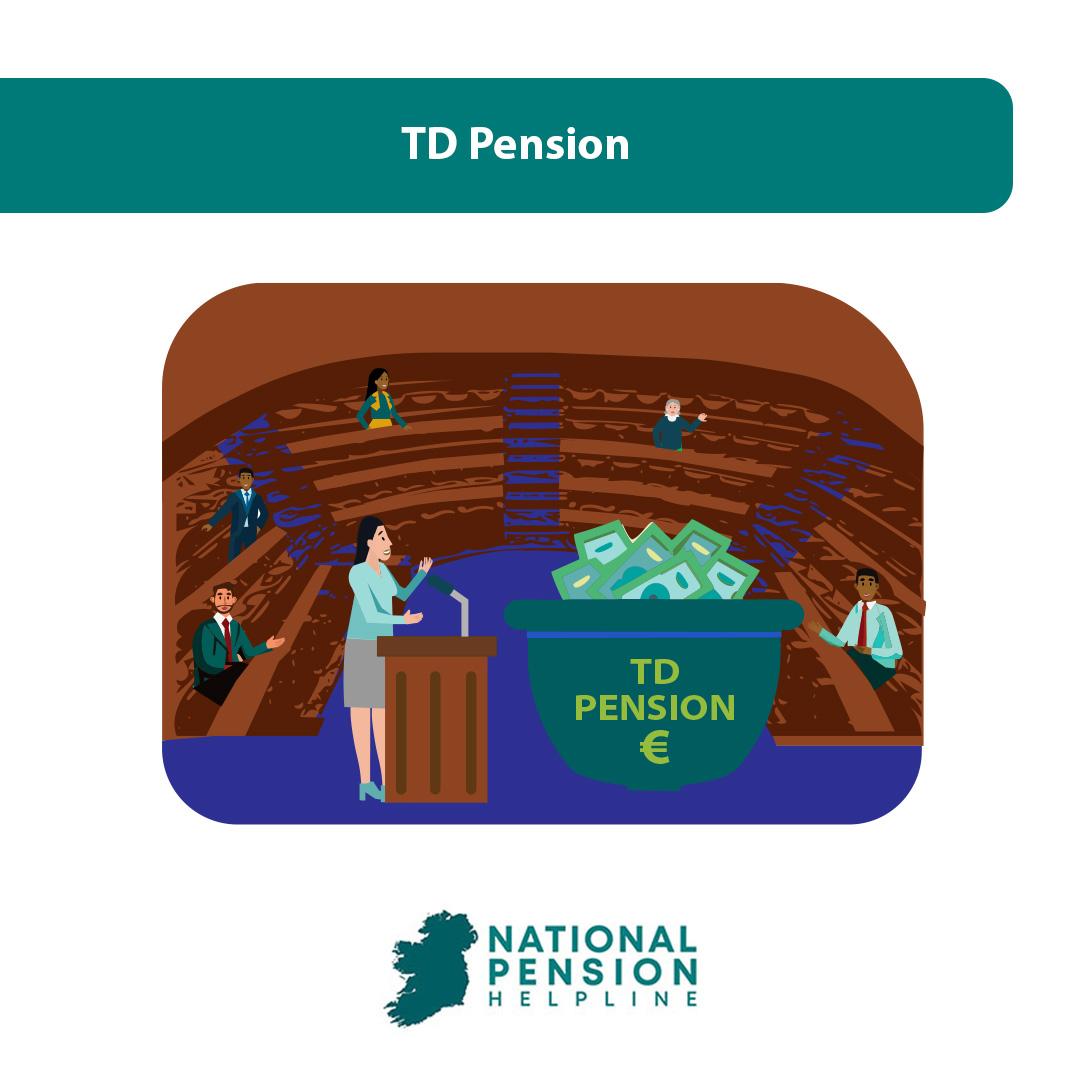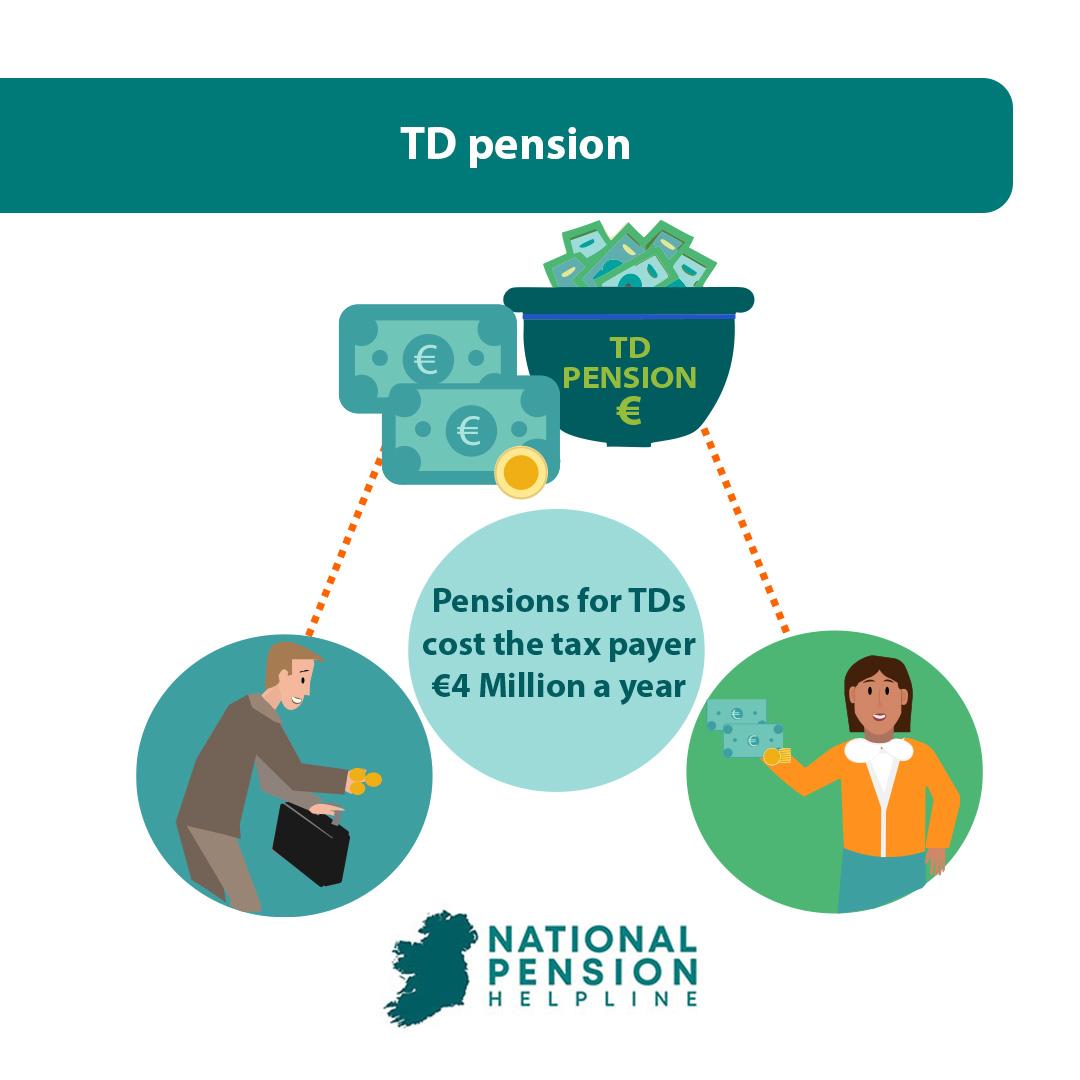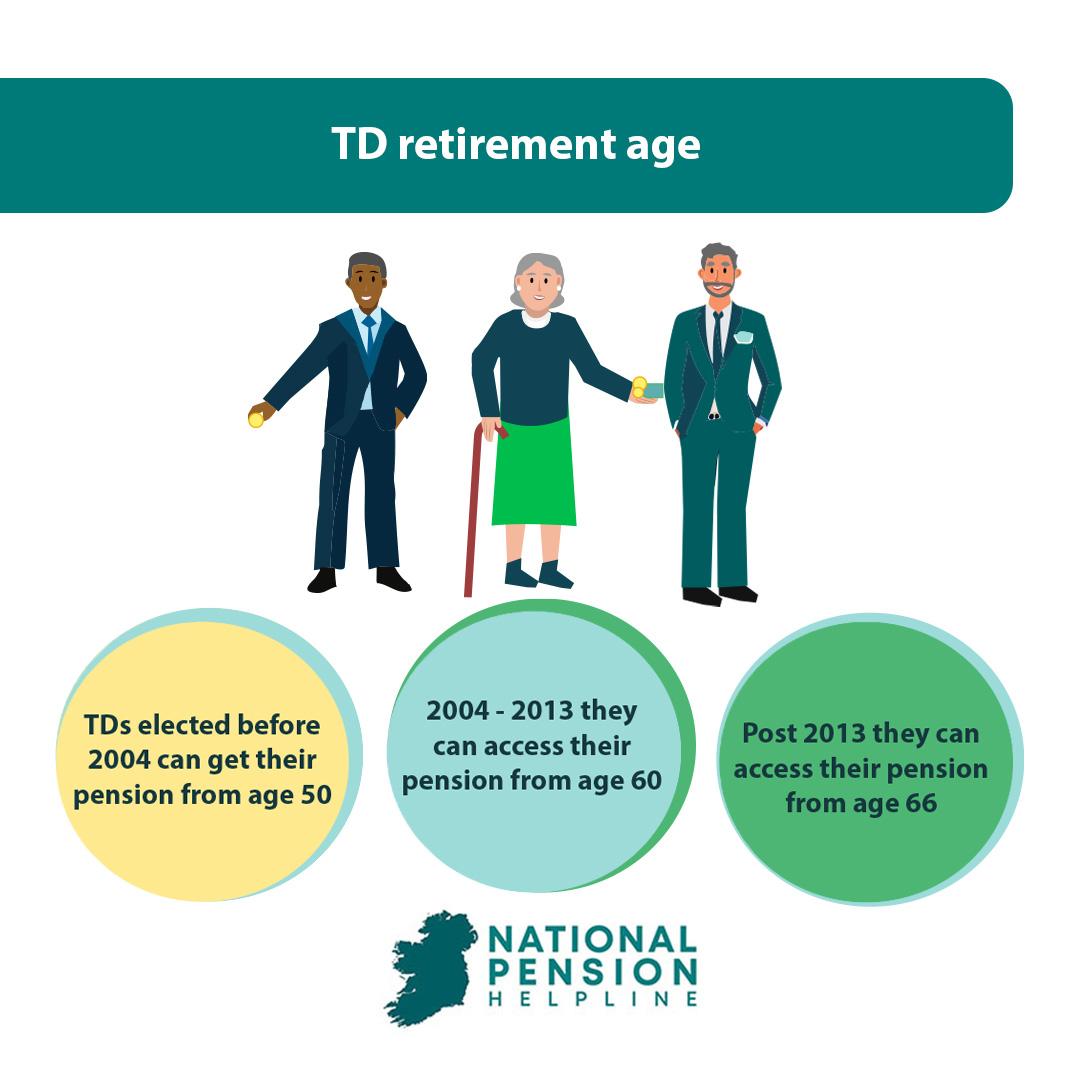The Irish General election held on 29 November to elect the 34th Dáil saw 686 candidates compete for 174 seats across 43 constituencies.
While pensions did not feature heavily as a debate topic during the election campaign, a number of high-profile sitting TDs decided to retire, putting the issue of pensions for TDs back in the spotlight.

29 outgoing TDs did not seek reelection, and 4 TDs who were elected as MEPs in the European Parliament Elections last year. One TD was chosen as EU Commissioner for justice.
In total, 66 new TDs were elected for the first time to the Dáil.

Of those TDs who did not contest the election, 5 were first elected in 2016, while Richard Bruton was the longest serving TD, having first been elected in 1982.
TheJournal.ie reported that these TDs could cost the taxpayer almost €4 million in pension costs and exit payments in the 12 months after the Dáil was dissolved.
The outgoing TDs ranged in age from just 42 years (Brendan Griffin) to 74 years (Fegus O’Dowd). 10 were over the State retirement age when the Dáil was dissolved, however many more are entitled to their pension and other payments long before they turn 66.

Payments and Pensions for Outgoing TDs
Outgoing TDs receive a number of different payments, including a TDs pension and a lump-sum exit payment if they meet age requirements, as well as a monthly severance payment.
Pensions are calculated on an individual basis taking into account salary, ministerial positions and time served as a member of the Oireachtas.
Retirement Pension: The pension is based on 1/40th of salary per year of service.
Lump Sum Payment: This is a one-off, tax-free payment which is calculated at three times the value of annual pension.
Severance Payment: This tax-free payment is treated as a ‘resettlement’ payment.
Minimum Pension Age for TDs
For TDs who are part of the Members’ Scheme – when they were first elected determines when they can access their pension.
If a TD was elected before 1st April 2004, they are entitled to their full pension and lump sum when they are 50 years of age.
TDs who first took up a seat in the Dáil between April 2004 and before 1st January 2013, must wait until they turn 65 before they receive the full pension.
Eight TDs who decided to not contest the election in 2024 are immediately entitled to the TDs pension as they were elected prior to 2004, however they will not receive exit payments.
The pension age for TDs first elected after 2013 is 66, in line with the State Pension.
Looking at those TDs who chose not to contest the election in 2024, 9 were at the state pension age, and are automatically entitled to pension benefits immediately, while 8 more qualify from the age of 50.

How much do TDs receive in pension payments?
The amount that TDs receive in pension benefits depends on the length of time they were a TD and any ministerial positions they held if they were in government. TDs receive more if they were Taoiseach, Tánaiste, or a Minister or Junior Minister for at least 2 years.
The Journal report revealed that outgoing TD Simon Coveney, who had served as a Minister and Tánaiste, and was first elected in 1972, is immediately entitled to over €294,000 in pension payments in the first year despite being just 52 years of age. This includes a Lump Sum of €170,000.*
The 5 TDs in line for the largest total pension payments in year 1 of their retirement are:
Figures are rounded to the nearest euro and include lump sum.
At the other end of the scale, TDs Bríd Smith, Imelda Munster and Jackie Cahill are entitled to estimated total pension payments of under €79,000 in the first year from which they qualify for the pension (66).
The annual pension for these 3 TDs, who were elected after 2013 and did not hold ministerial roles, is €19,709.
Only 7 of the TDs who did not contest the election in November were not entitled to additional pension benefits on the grounds of being Ministers or Junior Ministers.
These extra pension payments range from €11,462 for two Junior Ministers, to €78,130 for Leo Varadkar who served as Taoiseach, Tánaiste and Minister.
Mr Varadkar (45) must wait 20 years to receive full pension benefits, unlike Simon Coveney who can now receive the full TD pension and lump sum as he was first elected in 1998. Eamon Ryan, aged 61, is also immediately entitled to the full pension and lump sum.
This is because there are two pension schemes for TDs:
A TD is part of the Members Scheme if they were first elected to Dáil Éireann before 1 January 2013, or if they were a public servant within six months prior to an election. For those elected before 2004, they are entitled to full pension and lump sum benefits from the age of 50.
An actuarily reduced pension lump sum and pension may be paid at any time between 45 and 49 years of age under the Members Scheme.
TDs who were first elected after 2013 are entitled to pension benefits from age 66. Under Section 16 of the Public Service Pensions Act 2012, Members of the Oireachtas contribute at a rate of 13% of their pensionable remuneration towards their retirement benefits.
Who qualifies for the pension lump sum payment?
The pension lump sum is payable from when a former TD reaches retirement age.
In total, 29 TDs who did not contest the election and 26 who lost their seats are entitled to this payment. Over €1.3 million will be paid in lump-sum payments to those 26 TDs who failed to retain their seats.
Any TD who becomes a member of the following Oireachtas (for example, TDs who later become Senators), an MEP, or is appointed by the Government to a full-time position, is not entitled to the lump-sum.
How much are TDs resettlement exit payments?
Any sitting TD who does not contest the following election is also entitled to a monthly termination payment for a period of time which is determined by the number of years they spent in the Dáil.
This payment is because of the precarious nature of the job – a TD can lose their seat at the following election and their position is only temporary.
Those TDs who did not contest the election are entitled to payments totalling between €42,630 and €71,049.
*Pension estimates in this article are before tax


